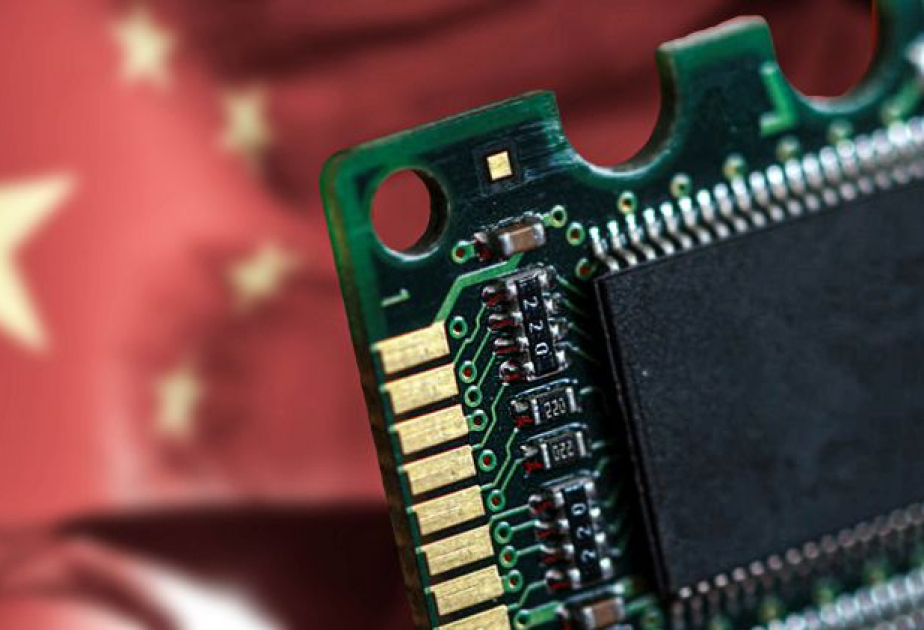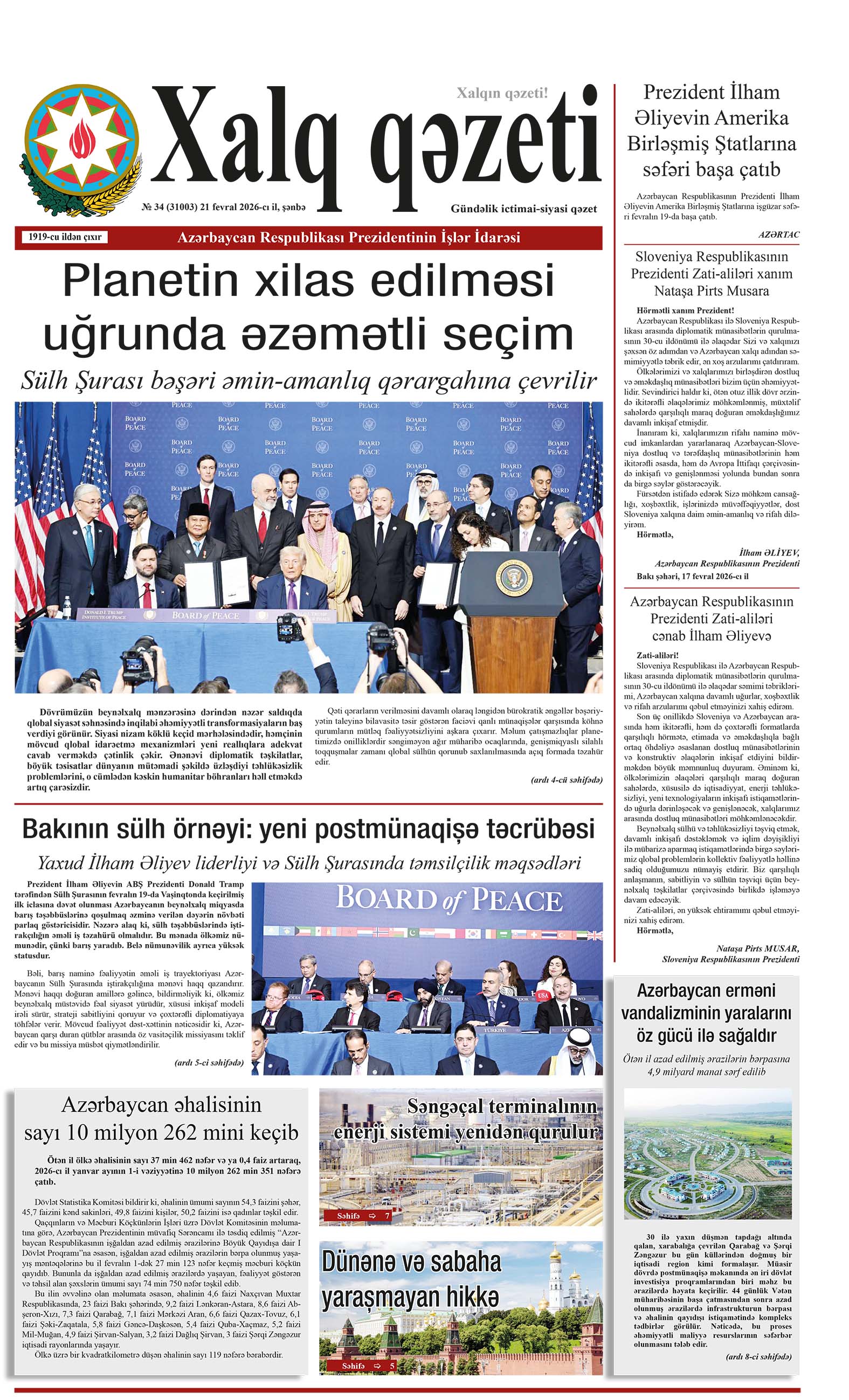The U.S. will launch its third crackdown in three years on China's semiconductor industry on Monday, restricting exports to 140 companies, including chip equipment maker Naura Technology Group, among other moves, according to two people familiar with the matter, Reuters reports.
The effort to hobble Beijing's chipmaking ambitions will also hit Chinese chip toolmakers Piotech and SiCarrier Technology with new export restrictions as part of the package, which also takes aim at shipments of advanced memory chips and more chipmaking tools to China.
The move marks one of the Biden Administration's last large scale effort to stymie China's ability to access and produce chips that can help advance artificial intelligence for military applications or otherwise threaten U.S. national security.
It comes just weeks before the swearing in of Republican President-elect Donald Trump, who is expected to keep in place many of Biden's tough-on-China measures.
The package includes curbs on China-bound shipments of high bandwidth memory (HBM) chips, which are critical for high-end applications like AI training; new curbs on 24 additional chipmaking tools and three software tools; and new export restrictions on chipmaking equipment manufactured in countries including Singapore and Malaysia.
The tool controls will likely hurt Lam Research, KLA and Applied Materials, as well as non-U.S. companies like Dutch equipment maker ASM International.
Among Chinese companies facing new restrictions are nearly two dozen semiconductor companies, two investment companies and over 100 chipmaking tool makers, the sources said.
U.S. lawmakers say some of the companies, including Swaysure Technology, Qingdao SiEn, and Shenzhen Pensun Technology, work with China's Huawei Technologies, the telecommunications equipment leader once hobbled by U.S. sanctions and now at the center of China's advanced chip production and development.
They will be added to the entity list, which bars U.S. suppliers from shipping to them without first receiving a special license.
China has stepped up its drive to become self-sufficient in the semiconductor sector in recent years, as the U.S. and other countries have restricted exports of the advanced chips and the tools to make them. However, it remains years behind chip industry leaders like Nvidia in AI chips and chip equipment maker ASML in the Netherlands.
The U.S. also is poised to place additional restrictions on Semiconductor Manufacturing International, China's largest contract chip manufacturer, which was placed on the Entity List in 2020 but with a policy that allowed billions of dollars worth of licenses to ship goods to it to be granted.
For the first time, the U.S. will add two companies that make investments in chips to the entity list. Chinese private equity firm Wise Road Capital and tech firm Wingtech Technology will be added.
Companies seeking licenses to ship to firms on the Entity List generally get denied.


















